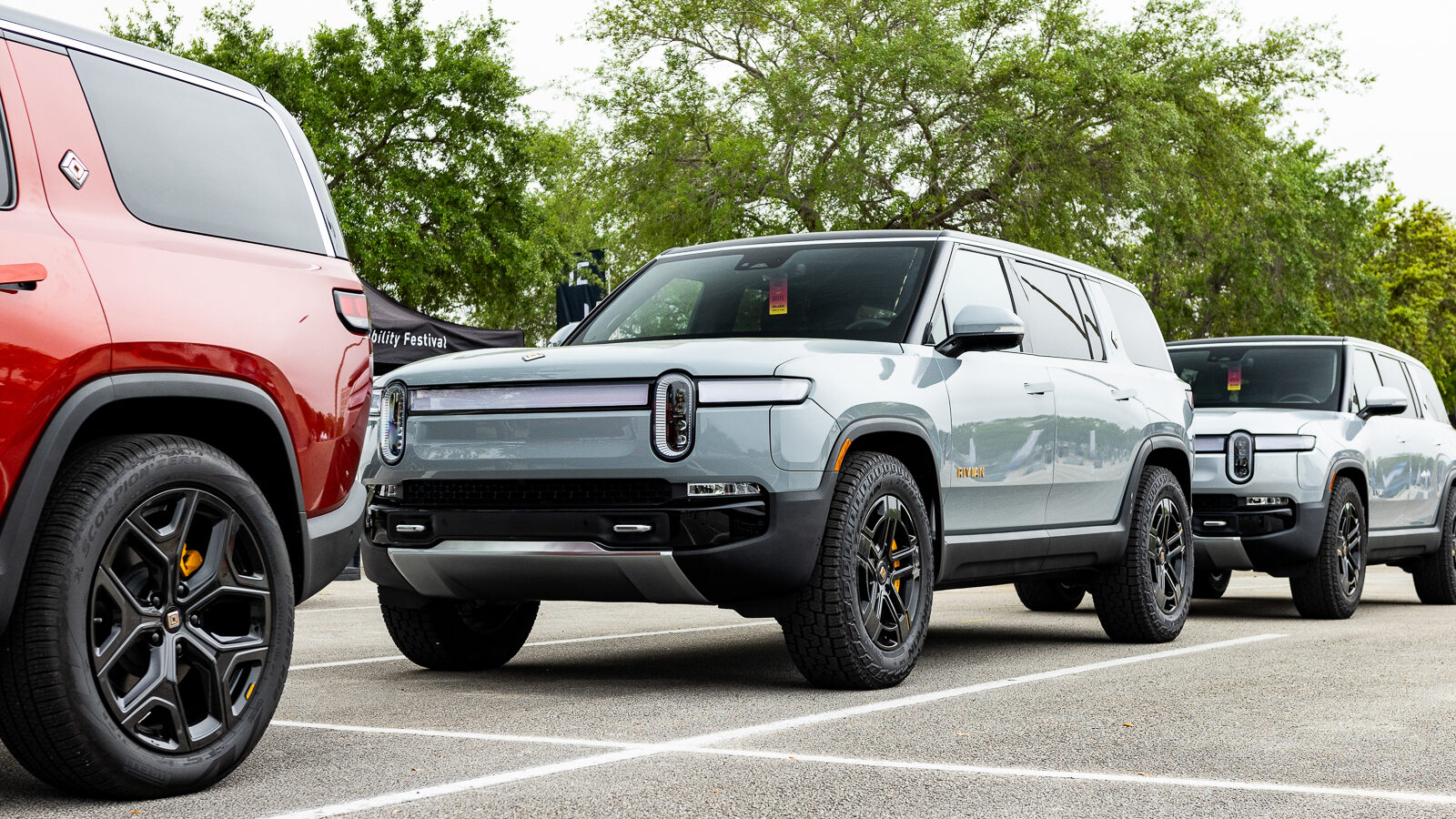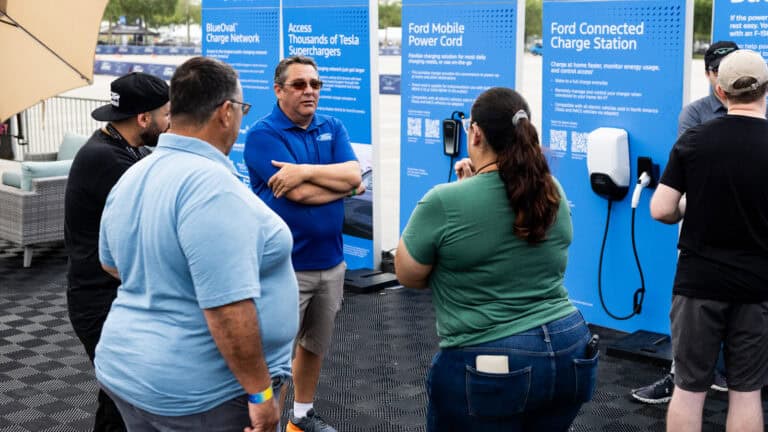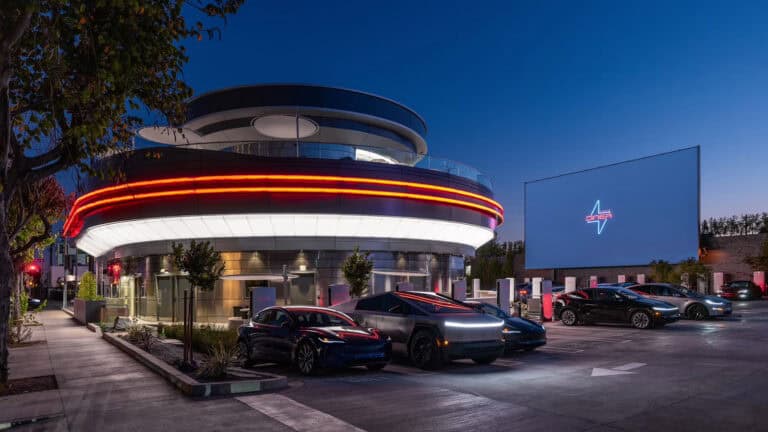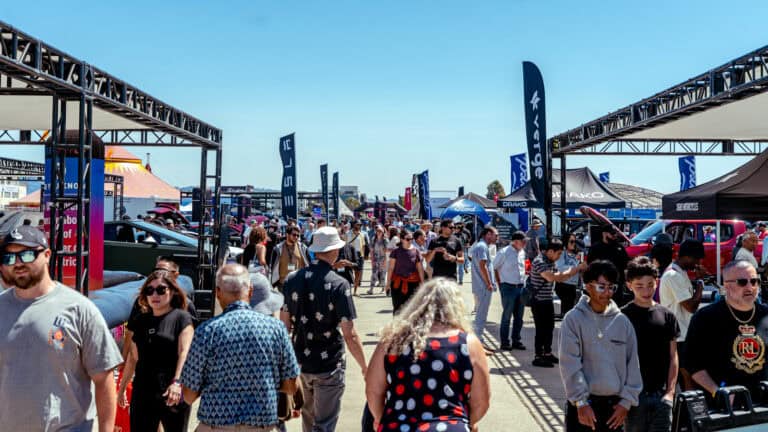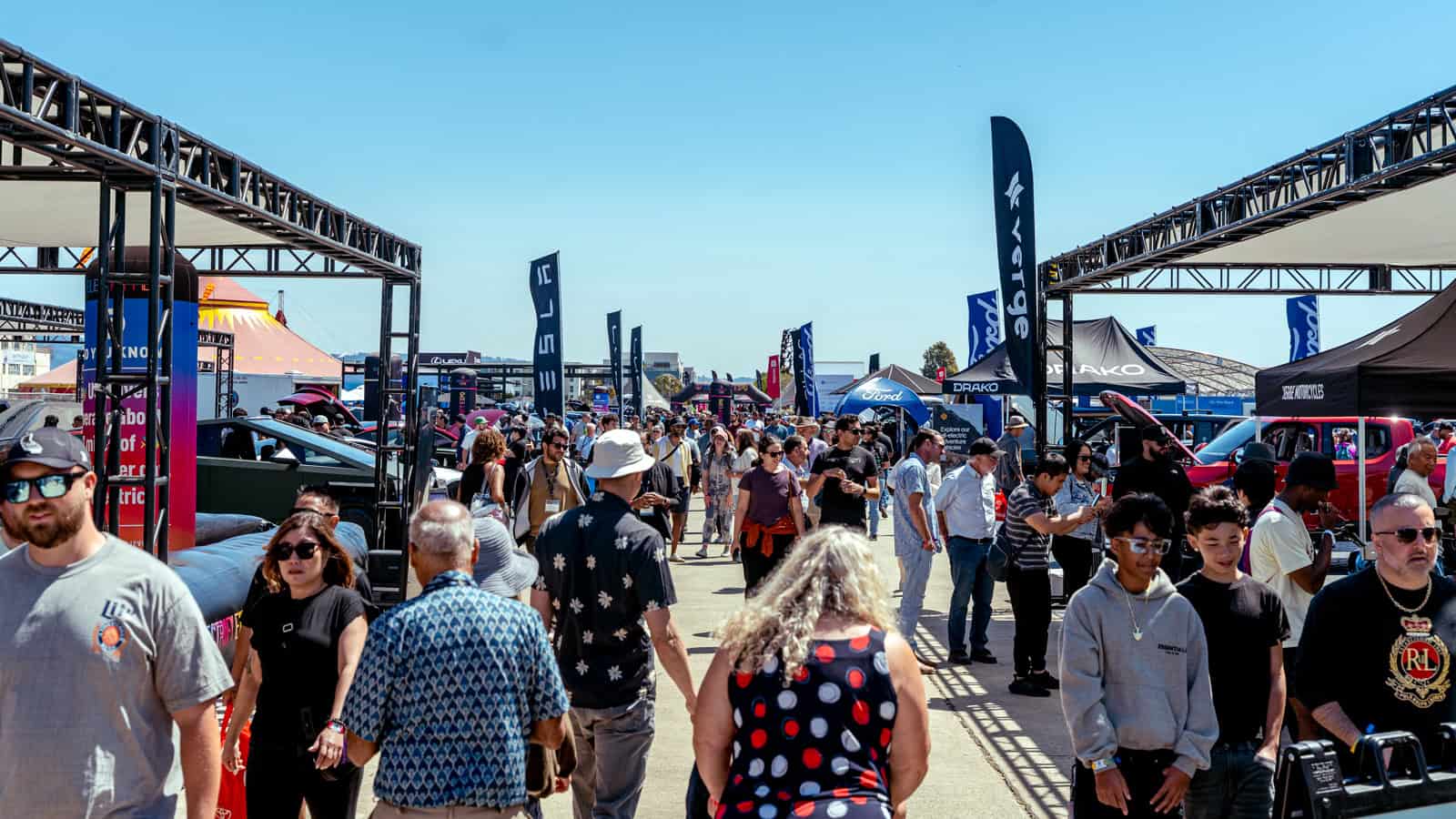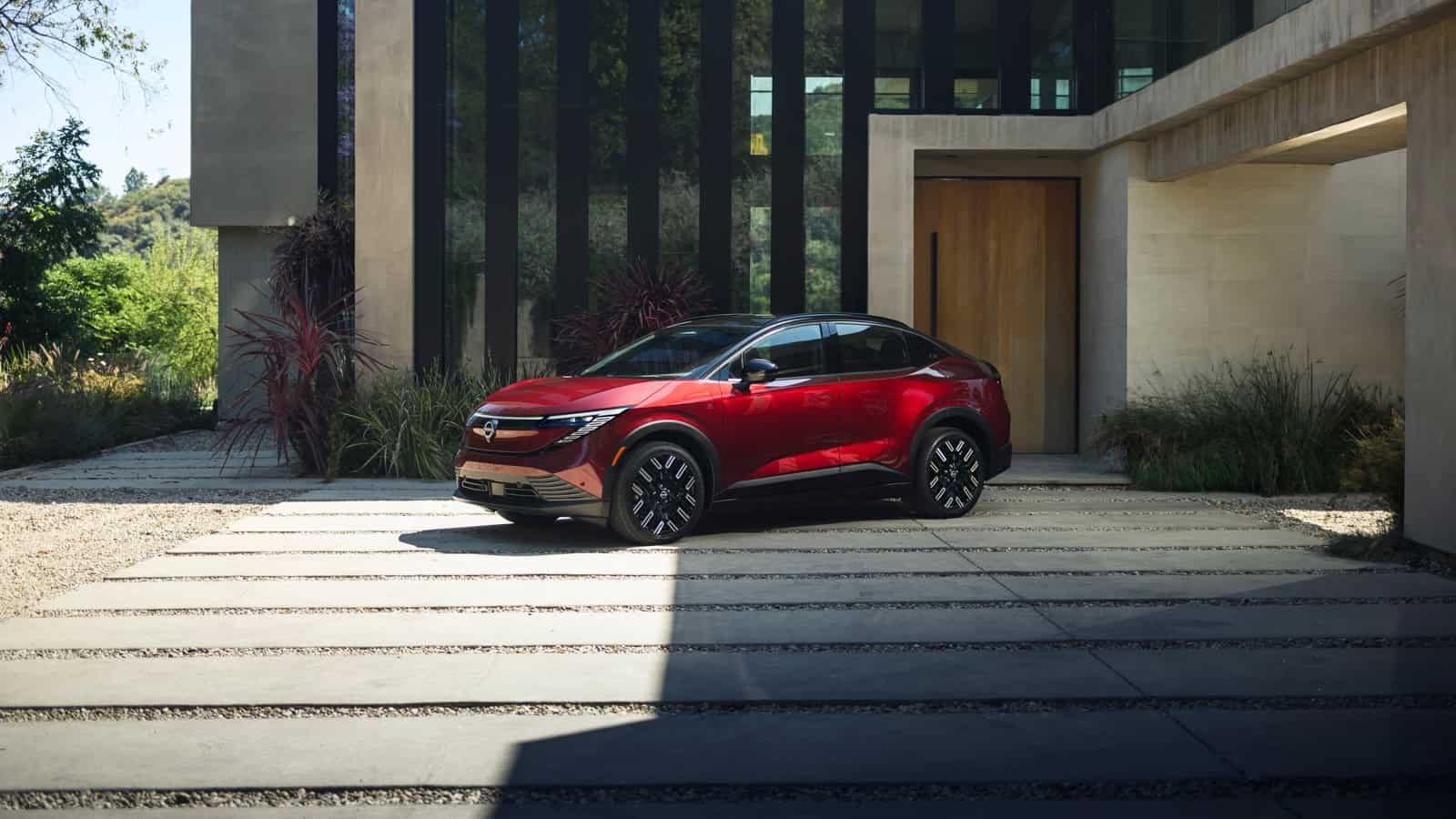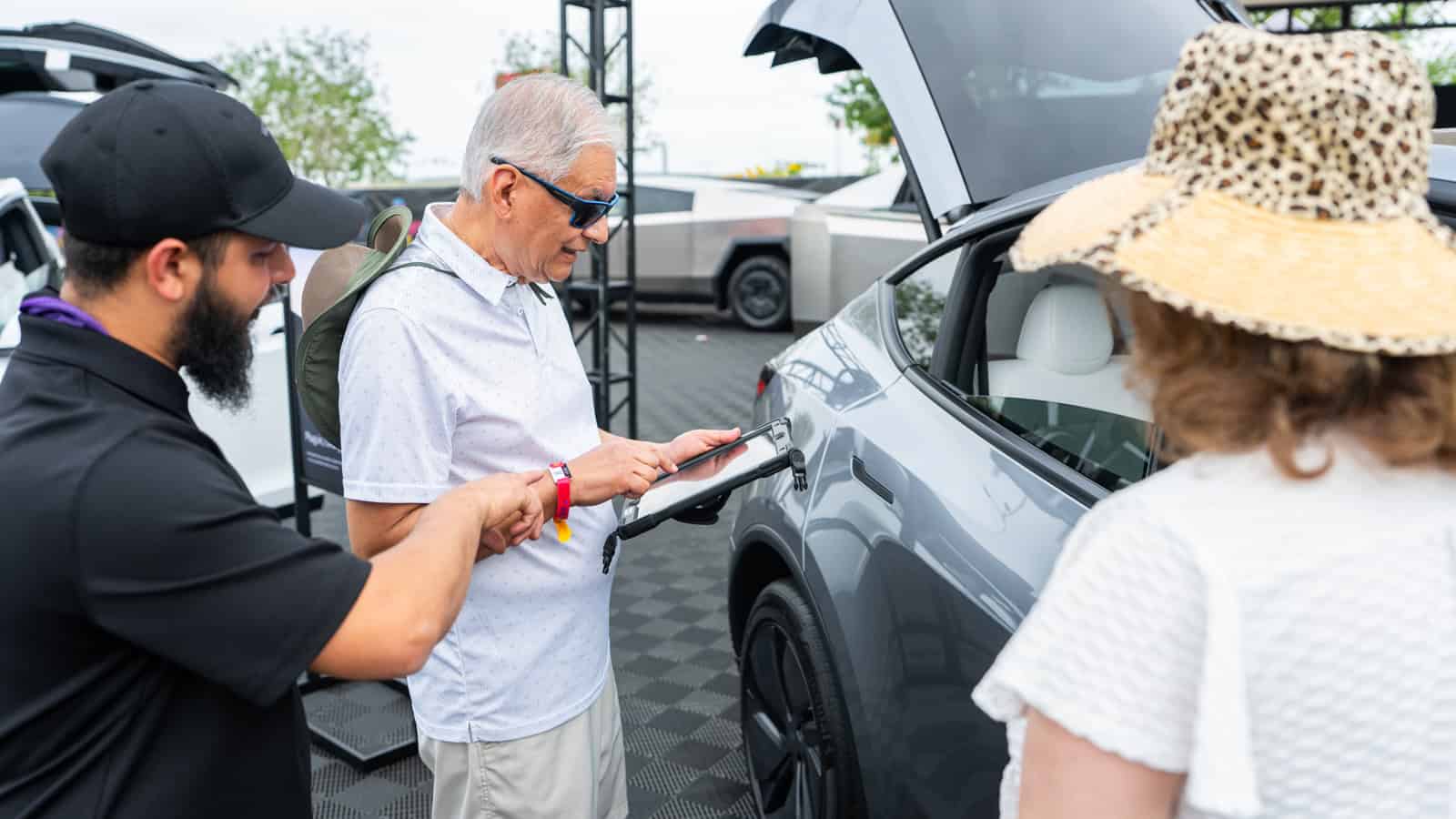- Rivian reported $206 million in gross profit in Q1 2025 earnings call, its second profitable quarter in a row.
- A $1 billion investment from Volkswagen is expected by June 30, tied to Rivian’s financial performance.
- Over 36,000 demo drives were completed in Q1, the highest in Rivian history.
ADVERTISEMENT
What do you call it when a company flips a $527 million loss into a $206 million profit in just a year? Magic? Nope. Just Rivian doing Rivian things, with a little help from Volkswagen’s billion-dollar wallet.
Here is the reality. Many people still view Rivian as the other electric vehicle company trailing behind Tesla. While attention has been focused on Cybertrucks and Model Y updates, Rivian has quietly done something rare in this industry. It achieved gross profit for two consecutive quarters. This wasn’t just revenue on paper. It was actual profit. Money left over after the costs of building trucks and SUVs. In other words, real, GAAP-accounting profit.
RJ Scaringe, Rivian’s CEO, didn’t dance around it either. “This quarter we hit our second consecutive gross profit and our highest gross profit to date at $206 million,” he said. This result didn’t happen by chance. It triggered a $1 billion investment from Volkswagen Group. “We have continued to make meaningful progress on R2, including vehicle validation builds underway and our Normal, Illinois manufacturing facility expansion on track.”
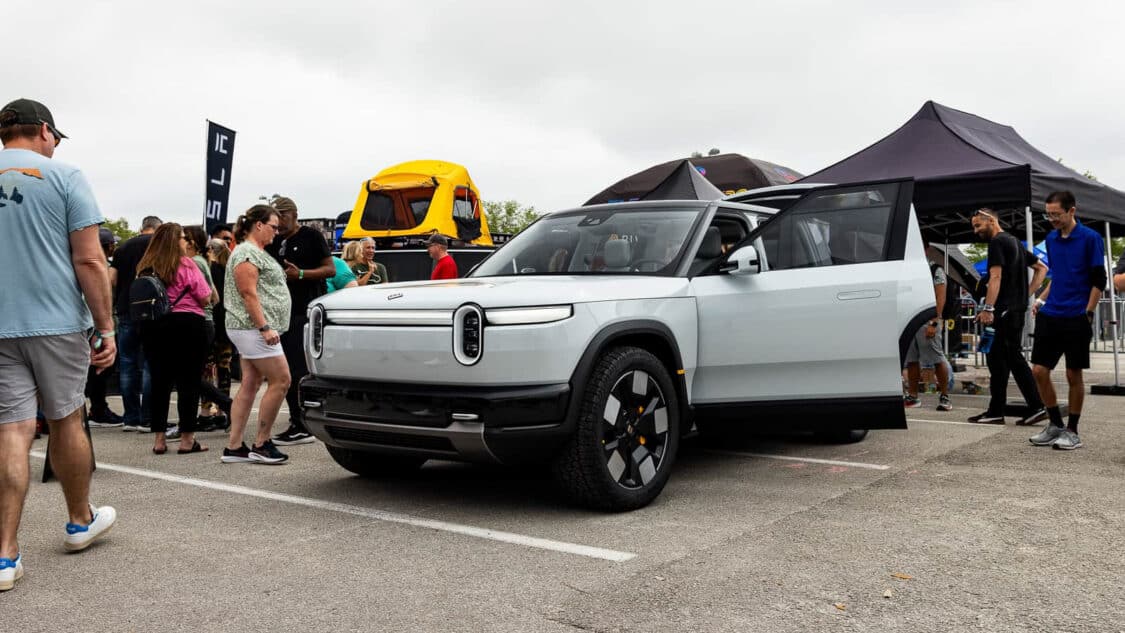
Let’s look at the numbers, because they tell a compelling story. Rivian produced 14,611 vehicles and delivered 8,640 in the first quarter. That figure may appear lower than what was reported in the previous quarter, but there is a practical explanation.
Toward the end of last year, Rivian pulled forward a large portion of its commercial van deliveries due to a supply issue involving a component in the Enduro motor system. As a result, deliveries in Q4 were higher than usual, making Q1 seem quieter by comparison. Understanding that context matters when evaluating the numbers.
But back to that billion dollars. The Volkswagen deal goes well beyond a simple investment. It is part of a formal joint venture, Rivian and VW Group Technology, LLC, which sounds like the kind of alliance that probably includes matching polos and a shared Slack workspace. This collaboration is expected to bring as much as $3.5 billion into Rivian’s balance sheet over time.
ADVERTISEMENT
A substantial portion of that, roughly $1 billion, is expected to arrive by the end of June. But that $1 billion comes with a 33% premium over Rivian’s stock price. That level of commitment speaks volumes.
And speaking of confidence… you want to know what gets investors and analysts raising eyebrows? A company that drops its net cash used in operations from $1.2 billion in Q1 2024 to just $188 million in Q1 2025. So rather than trimming fat, that’s full-on surgery!
Now, don’t think for a second this is all spreadsheets and finance bros. Rivian’s out there slinging real experiences. Over 36,000 demo drives in Q1 alone, including 7,000 “electric joyrides” at SXSW in Austin. That’s butts in seats and rubber on roads! That’s people screaming, laughing, and coming back for more. And that’s product-market fit, baby.
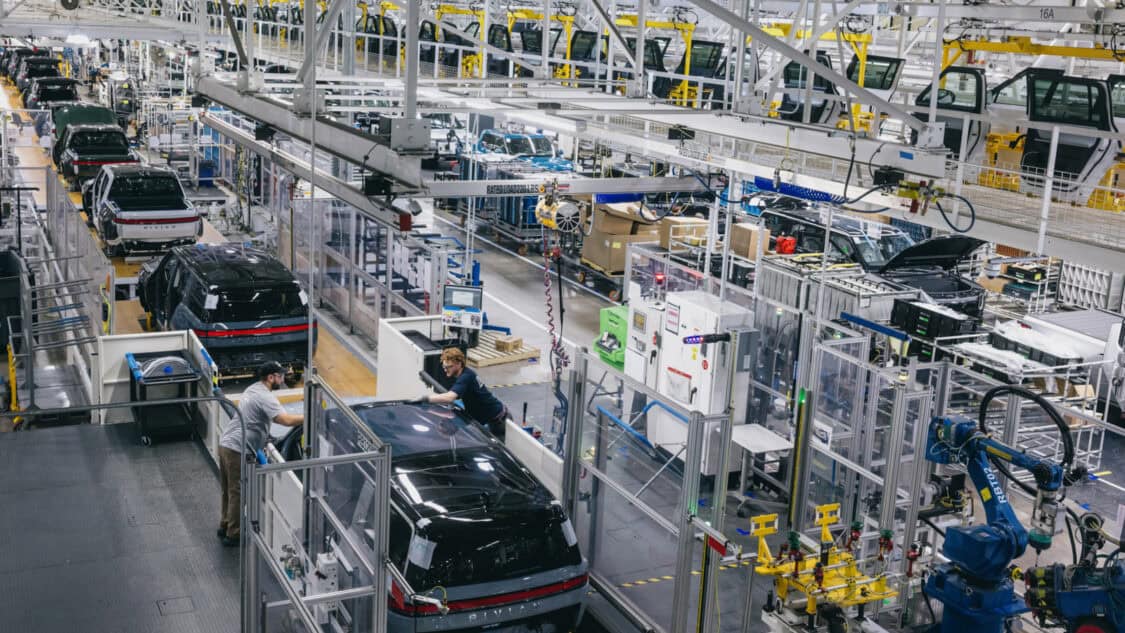
And just to rub a little extra salt in Tesla’s wounds, Rivian’s second-gen R1 platform now includes 55 megapixels of camera power and over 200 trillion operations per second. Yes. Trillion. Their in-house autonomy stack has gone full AI-centric, with a “data flywheel” that constantly improves itself through real-world driving. That’s like having your car’s brain get smarter every time you drive to Whole Foods.
Hands-free driving on highways is already available in Rivian vehicles. The company says fully eyes-off driving is coming next. In its investor letter, Rivian stated, “We believe the quality and multi-modality of our sensor data and the full ownership we have over the triggering, capture, and upload of data represents a unique advantage to Rivian.”
And that’s not marketing fluff. It’s a direct way of saying they control every layer of the tech, from hardware, software, and everything in between.

Also, Rivian recently secured a fleet deal with HelloFresh, adding 70 commercial vans to the company’s Factor-branded delivery network. These vehicles are already on the road, generating real revenue through active service, and not just sitting as preorders or hyped announcements.
Rivian’s carving its own lane. With over 700 chargers across 112 sites in 35 states, plus access to the Tesla Supercharger network, it’s quietly building one of the most reliable charging experiences around. Uptime? 98%. A leading consumer publication even called Rivian’s charging network one of the best for “seamless, reliable charging.” That’s saying a lot in a space where “fast charger” often means “fast disappointment.”
ADVERTISEMENT
The upcoming R2 remains on track for a 2026 release, with a starting price of around $45,000. That pricing makes it accessible to buyers looking for an electric vehicle without stretching their finances to the limit. Design validation builds are already underway, and the expansion of Rivian’s facility in Normal, Illinois continues at full capacity.
The site includes a new 1.1 million square foot production building and an integrated supplier park. This approach helps manage costs, boost output, and keep the supply chain efficient.
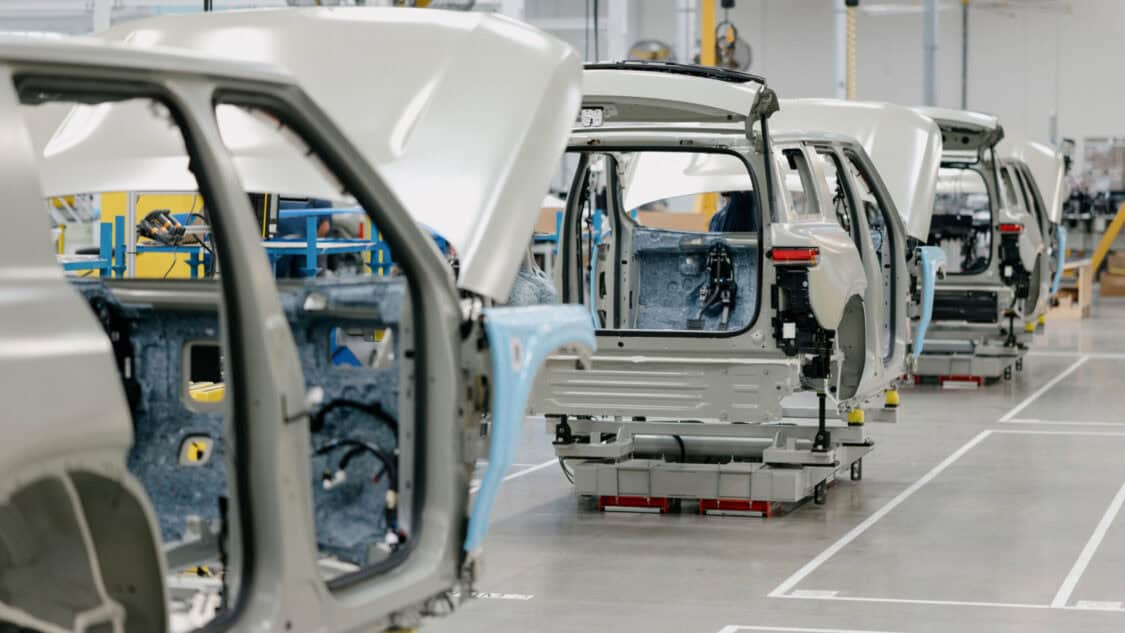
So, what’s next?
Yes, Rivian still expects an annual loss (between $1.7 and $1.9 billion adj. EBITDA), and yes, they raised their capital expenditure forecast to nearly $1.9 billion due to those pesky tariffs and regulatory quirks. But here’s the thing, they’re being realistic. Transparent. Maybe even… responsible?
And while the Rivian earnings call had its fair share of finance-speak, there was a clear vibe that they’re not here to play catch-up. They’re building a different kind of automaker. One that controls its own tech. One that throws 36,000 demo drives into a single quarter like it’s just part of the plan. And one that convinces Volkswagen to drop a billion-dollar check, because the product and team speak for themselves.
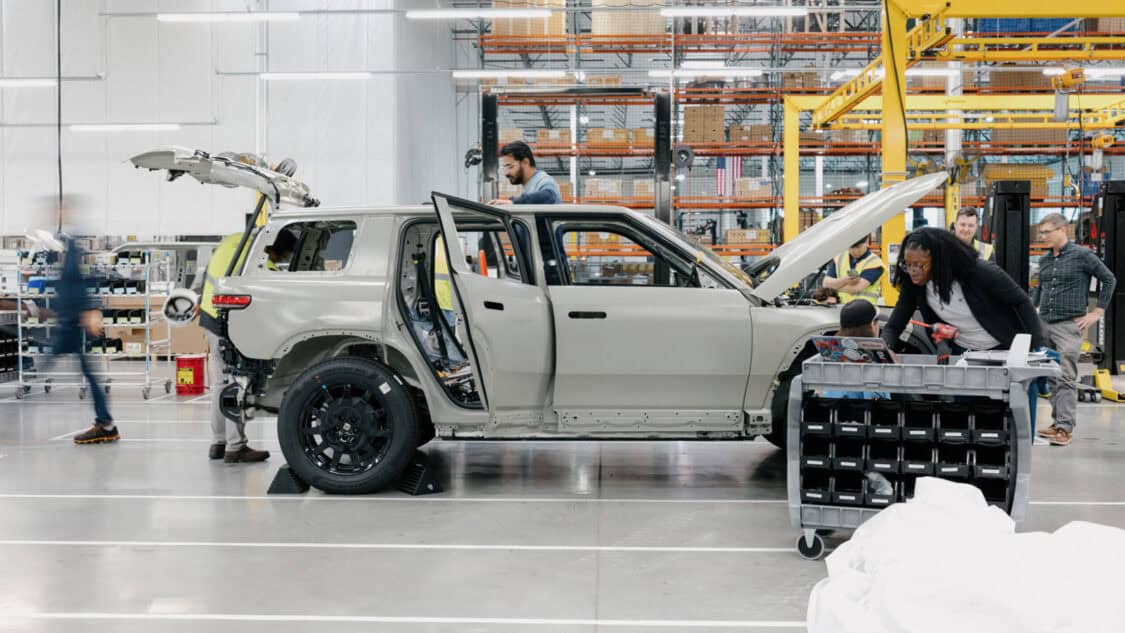
So yeah. Don’t sleep on Rivian. Because while the rest of the EV market is trying to find its footing, Rivian’s doing something rare by executing. Smartly. Quietly. And a little bit loudly, too.
And RJ? He summed it up in plain English, “We are focused on executing against our key value drivers and remain confident in our long-term opportunity.” That sounds like a leader who has reviewed the data, understands what lies ahead, and plans to continue with clarity and purpose.
ADVERTISEMENT

IMAGES: RIVAN, ELECTRIFY EXPO
FTC: We use income-earning auto affiliate links. Learn more.


